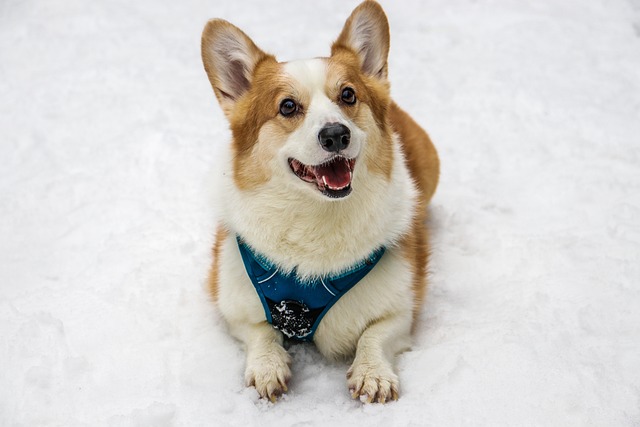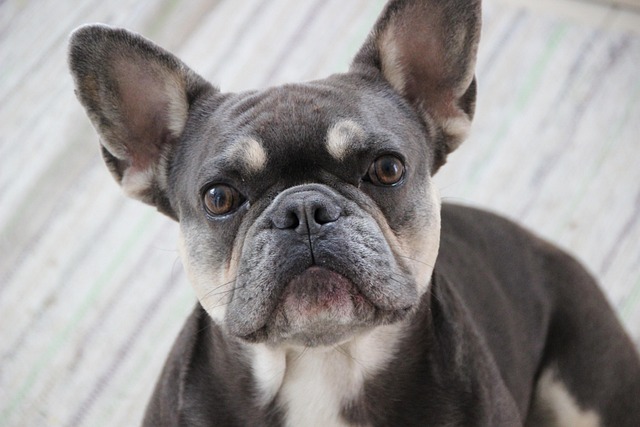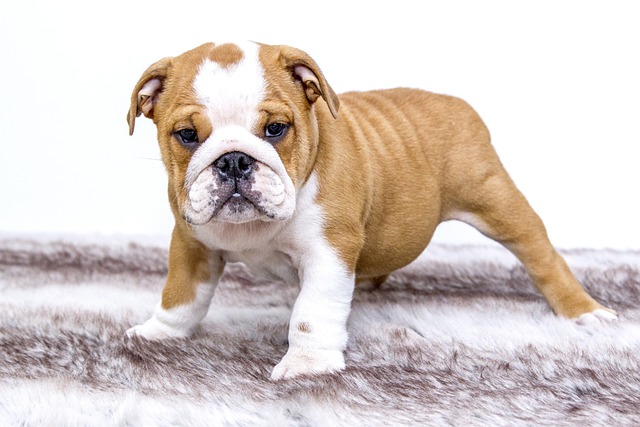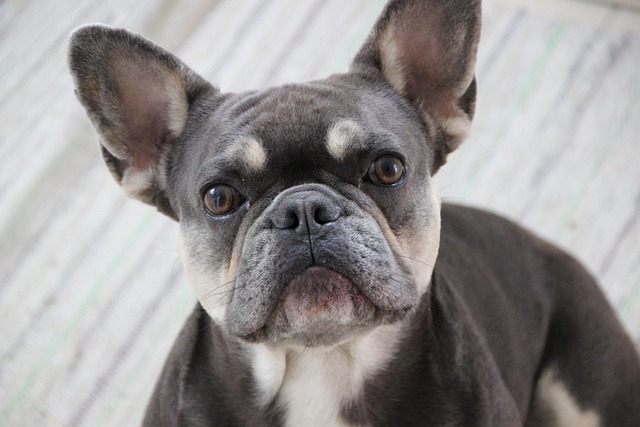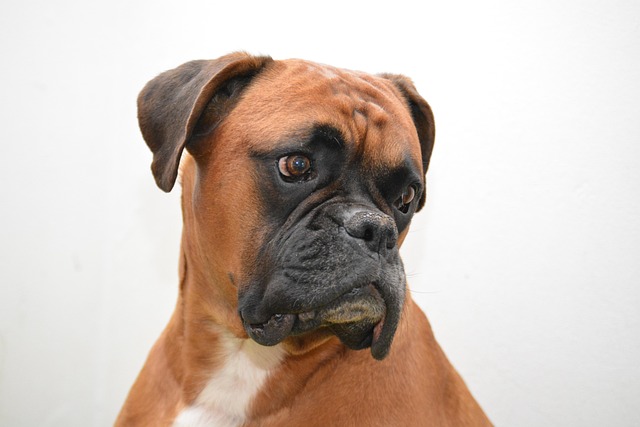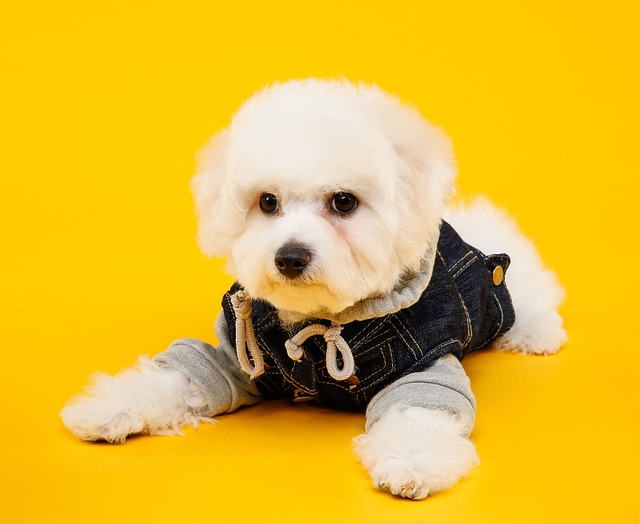Picture this: You're sipping coffee on your Chicago porch when your new Labrador puppy squats right on the doormat—again. Sound familiar? Outdoor training isn't just about convenience; it's foundational for building a respectful, community-friendly dog. The great news? You can start the moment your puppy comes home, usually at 8 weeks old, leveraging their natural curiosity and eagerness to please.
Young puppies operate on simple biological wiring. Their bladders are tiny, needing relief roughly every hour per month of age (a 10-week-old pup ≈ 2 hours). Waiting until they're older wastes a golden learning window when their brains absorb routines like sponges. Animal behaviorists like Dr. Ian Dunbar emphasize that positive reinforcement—immediately rewarding outdoor success with treats and joyful praise—creates lasting neural pathways. Punishment? It backfires, causing fear or secrecy around elimination.
Here’s your actionable roadmap. Begin by establishing a predictable puppy potty training schedule: first thing at dawn, after meals/drinks, post-naps, post-play, and before bedtime. Use a consistent cue like "Go potty!" as they eliminate. For apartment dwellers, this demands creativity. If your high-rise elevator ride takes too long, temporarily use a balcony grass patch or indoor pee pad near the exit door—but phase it out fast. Always carry unvaccinated puppies through shared spaces; parvo lurks in urban soil. Watch for sniffing, circling, or sudden stillness indoors—those are your "emergency exit" signals. If you can’t supervise, use a snug crate (never for punishment!) since dogs avoid soiling their den. Clean accidents thoroughly with enzymatic cleaners—ordinary mops leave scent invitations.
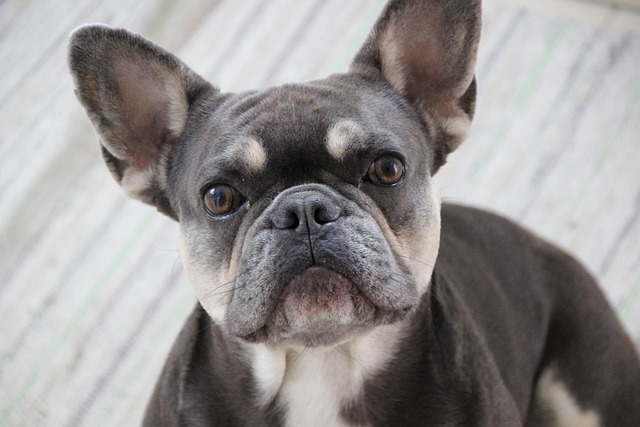
Now, the non-negotiable U.S. rules. Until your pup completes core vaccines (≈16 weeks), avoid public grass—parks, sidewalks, even pet store floors—where infected dogs may have trod. Use your private yard or carry them. Once cleared, remember: scooping poop is legally mandatory coast-to-coast. Forget "just this once"—cities like Seattle issue $125 fines per incident. Always carry biodegradable bags in a dispenser clipped to your leash. Leash laws aren't flexible for puppies either; even a wobbly 12-week-old must be leashed in unfenced areas unless in marked off-leash zones (check local park signage!). Letting them approach strangers or dogs without consent? Big etiquette foul—many find it invasive.
American dog culture champions kindness. Yanking leashes or scolding for accidents isn’t just ineffective—it violates widely held welfare norms. Instead, invest in a positive reinforcement puppy training class. These teach polite leash manners using rewards while socializing pups safely. See a neighbor scowling as your pup sniffs their lawn? Politely redirect with "Let’s go!" and a treat—community harmony matters.
Outdoor training requires patience—some pups master it in weeks; others take months. Celebrate progress, stay consistent, and remember: every successful outdoor trip builds a cleaner home and a more welcome community member. Your reward? A dog who happily does their business where it belongs: outside!
